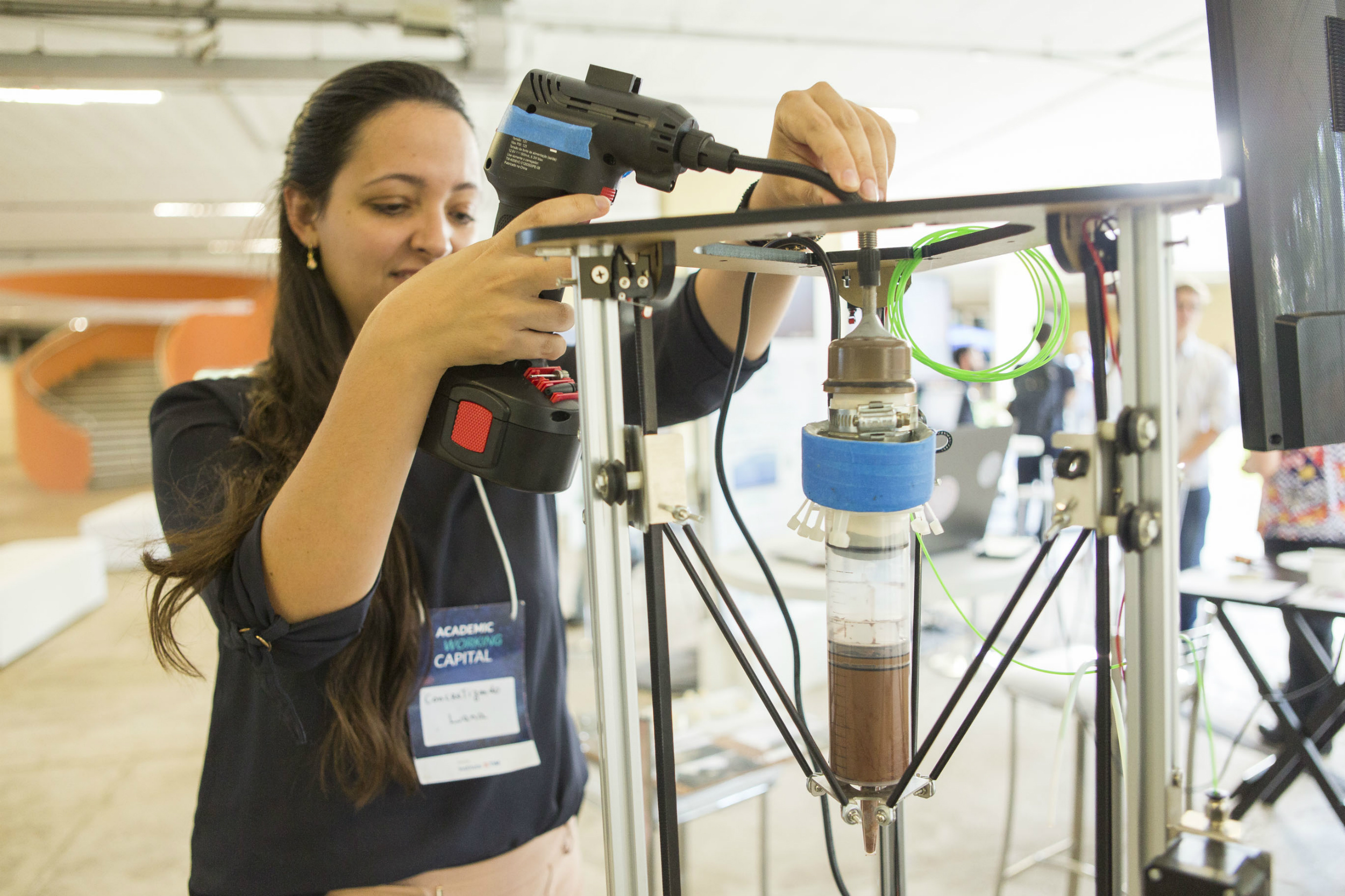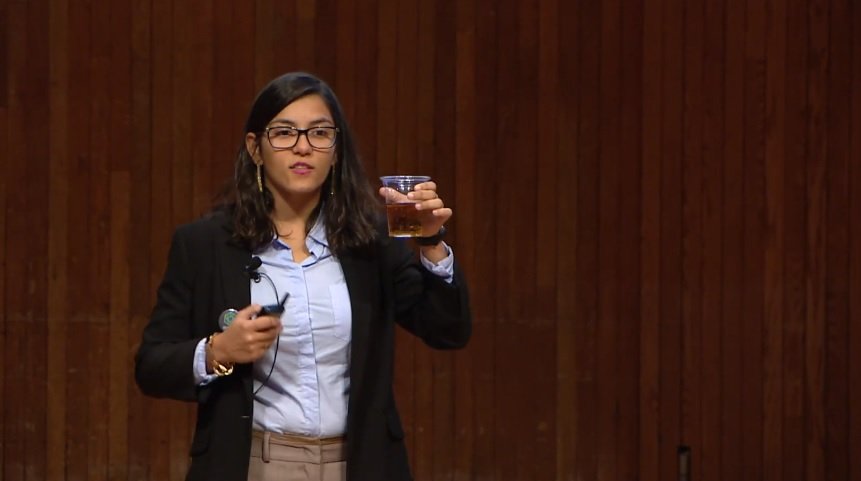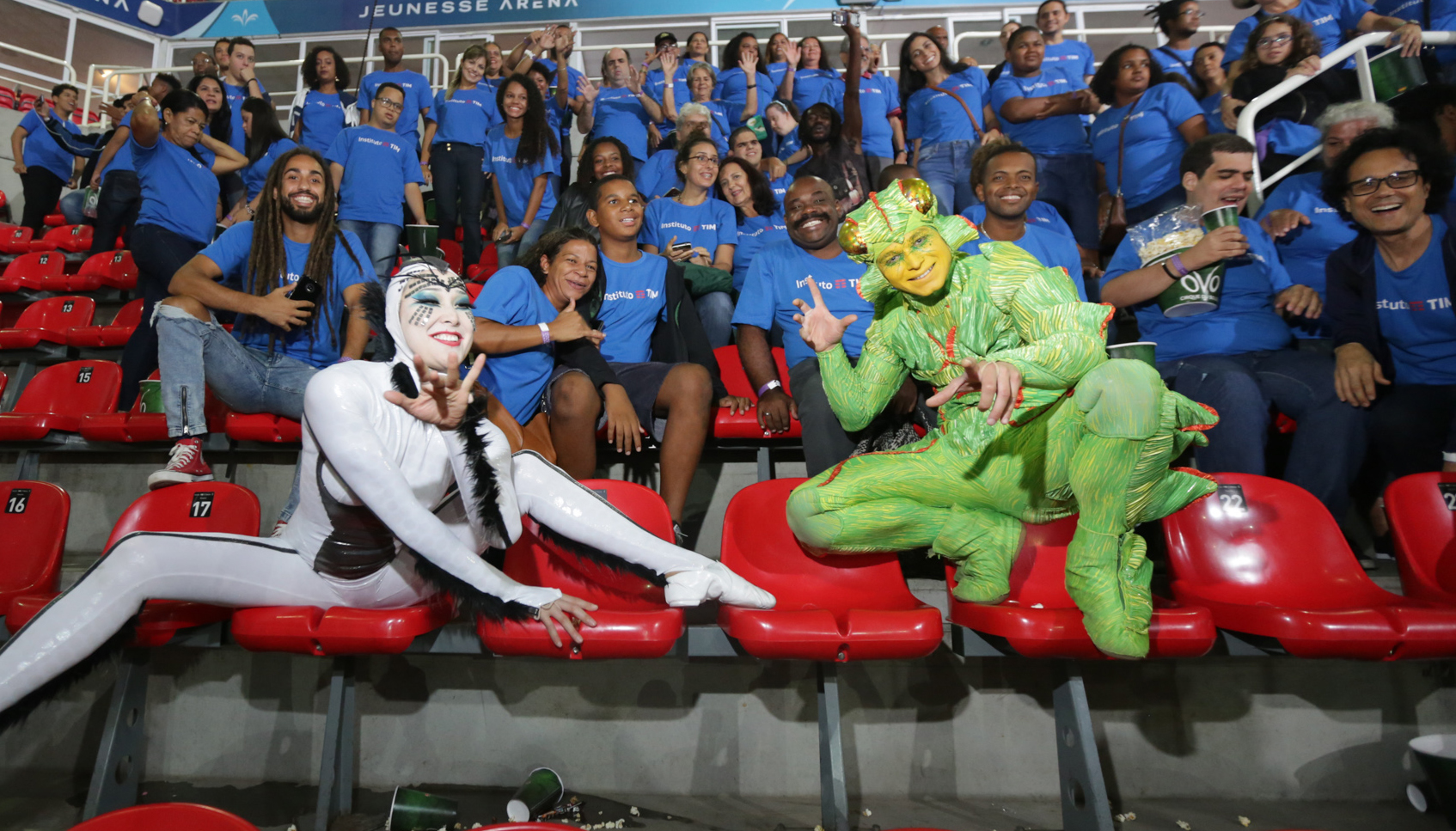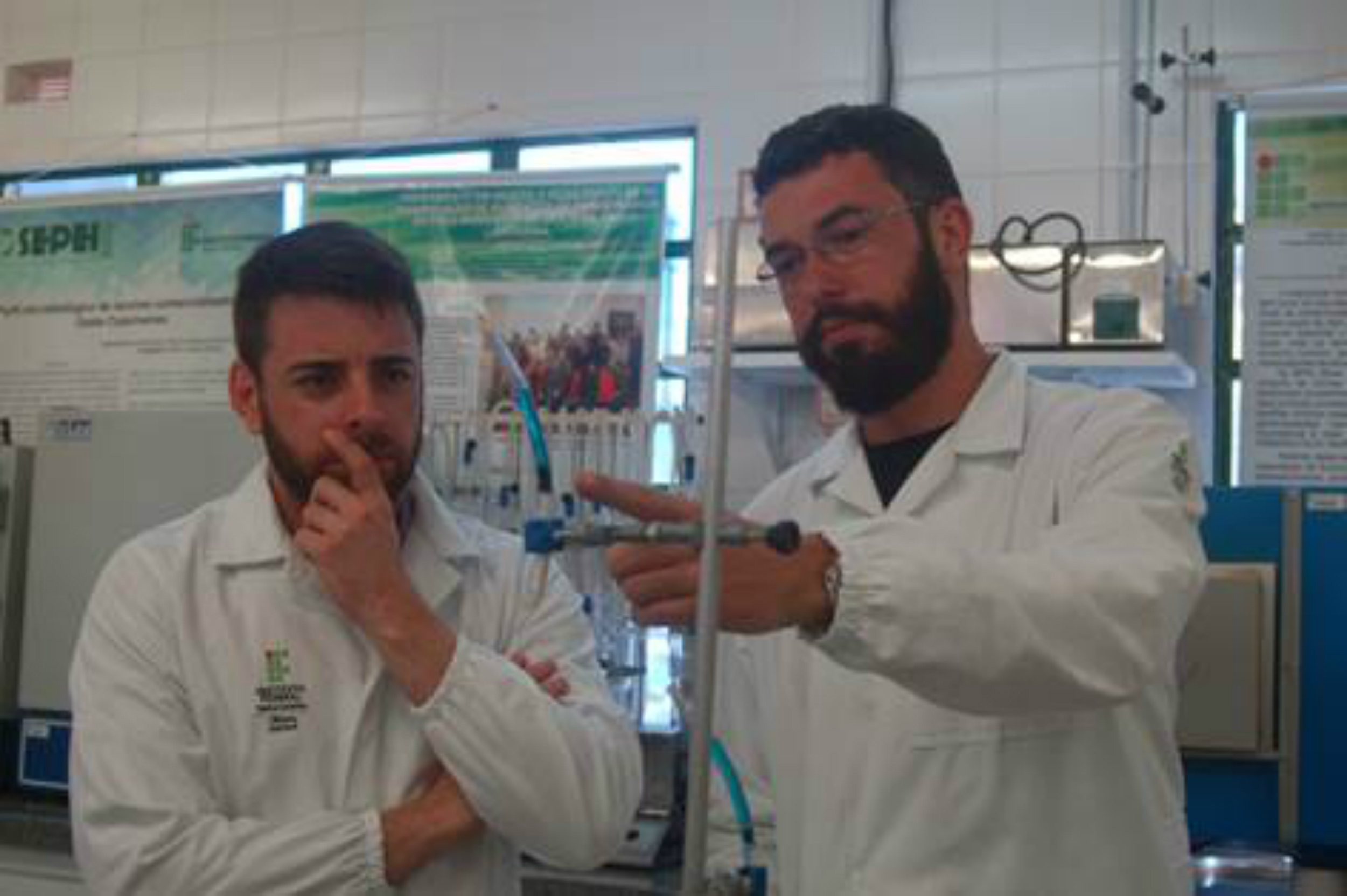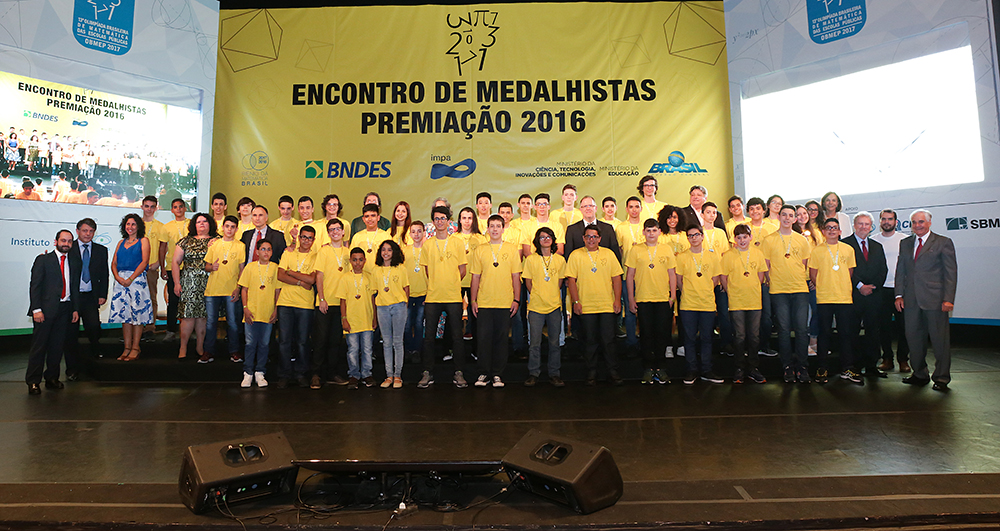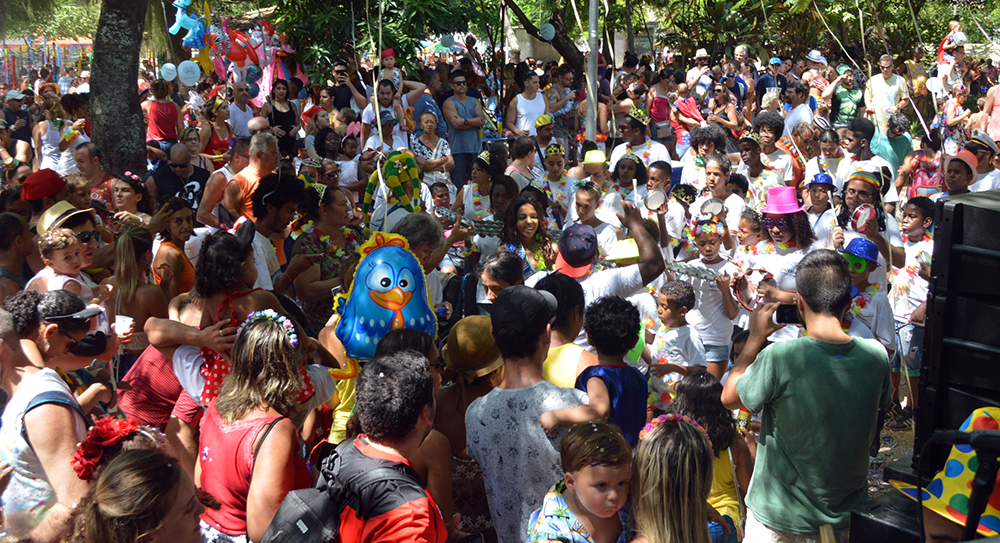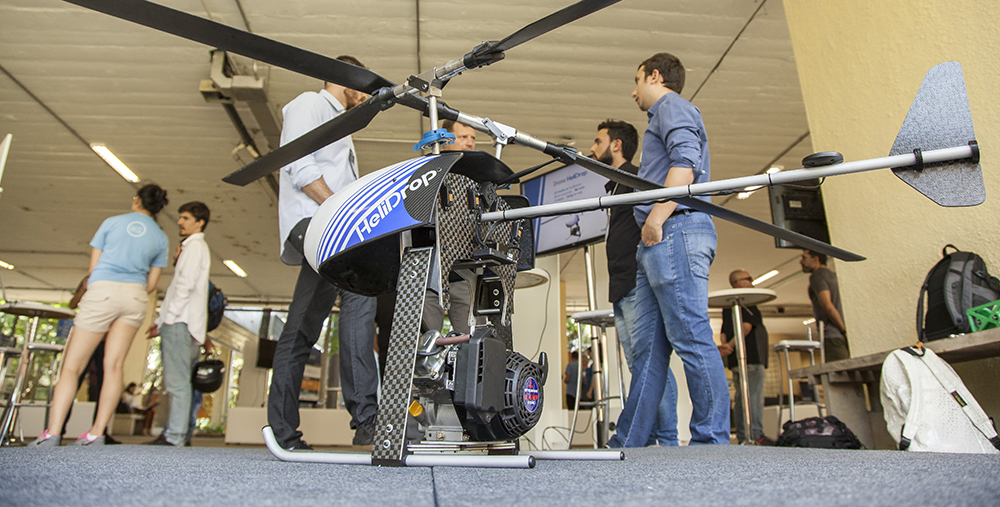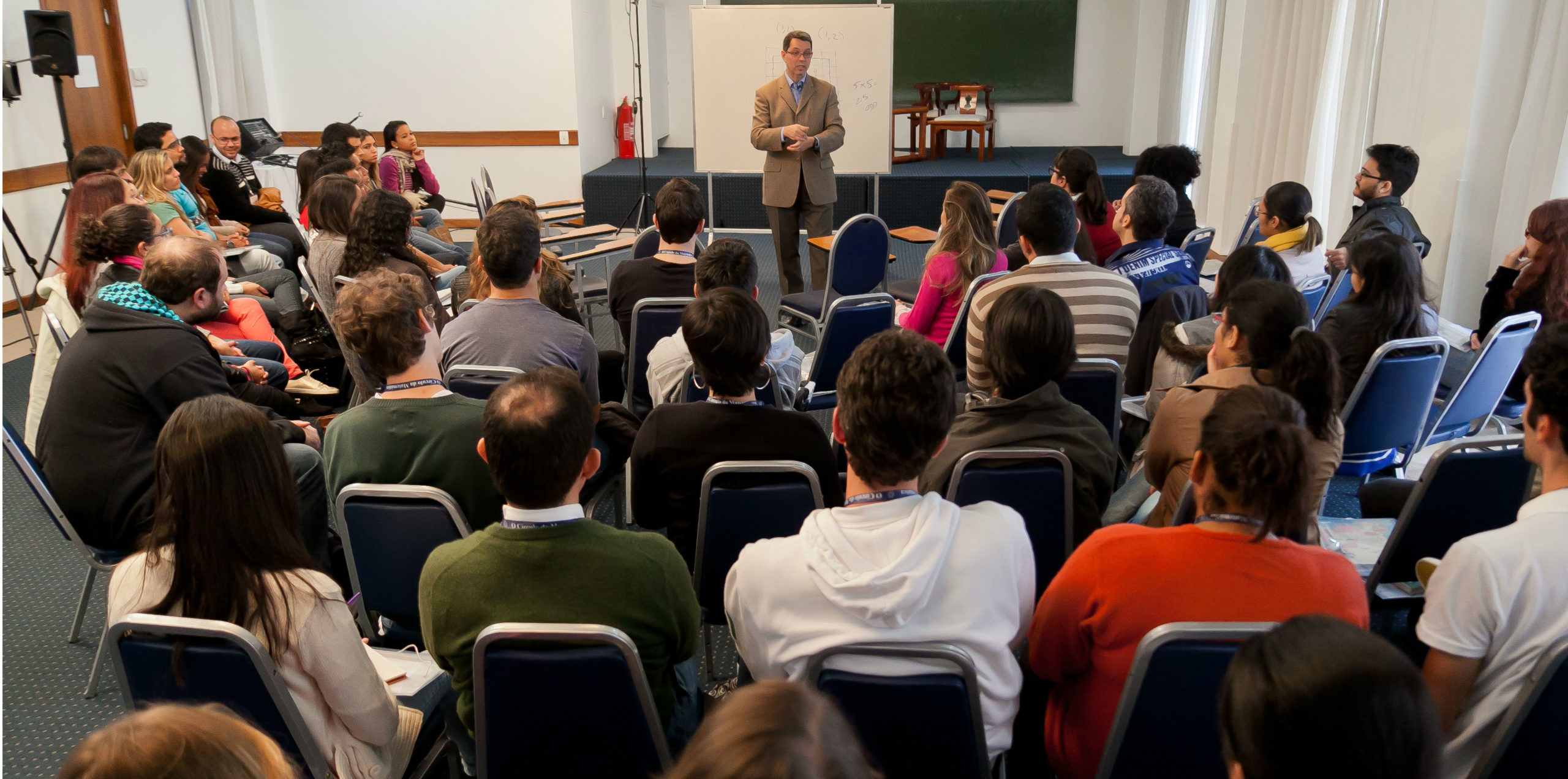
O Círculo da Matemática do Brasil project carried out a survey to assess the basic level of mathematical skills of Brazilians, finding out – among other conclusions – that 75% of Brazilian adults cannot calculate simple averages or understand fractions. The survey was carried out in July and August 2015, in 25 cities with 2,632 people over 25 years old. The respondents answered questions about their relationship with mathematics and questions related to 11 basic mathematical skills expected to be grasped by adults. The results show an alarming scenario.
Percentages and calculations involving interest rates are difficult for 63% and 69% of the respondents, respectively. And 85% of adults do not know how to make estimates for approximate numbers. The survey also shows that most people cannot see a relationship between Mathematics and their daily lives. 89% say they don’t use Mathematics in their daily lives. Moreover, 2 out of 3 respondents say they don’t have good memories of Math classes in school.
The survey, coordinated by economist Flávio Comim, also points out a disparity in results when taking into account people’s level of education. While 39.7% of respondent with 15 years of education cannot calculate simple averages, this number skyrockets to 84% for people with up to 8 years in school. This major difference is found in the other mathematical skills – when comparing people with only one year in school and people who have studied for a longer time, disparities increase by up to 4.6 times.
It is important to remember that almost half of the Brazilian population only finished Primary School, which indicates that the results for people with up to 8 years in school represent a considerable share of the population. The survey emphasizes not only the importance in changing the face of Mathematics in schools, but also the challenge that must be faced: finding the means to improve the mathematical skills of the adult population.
































































































